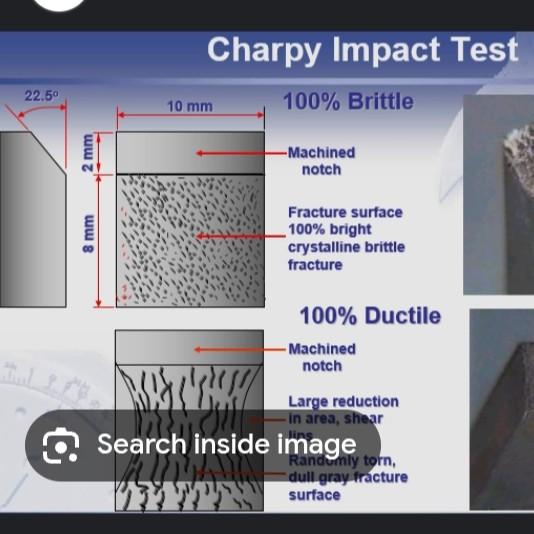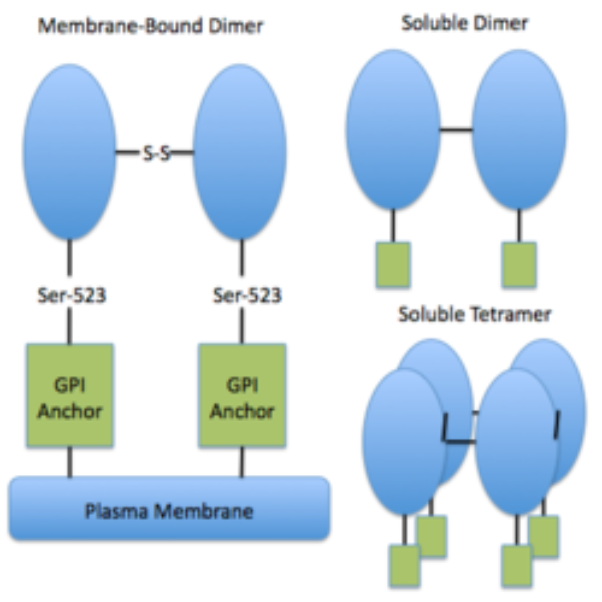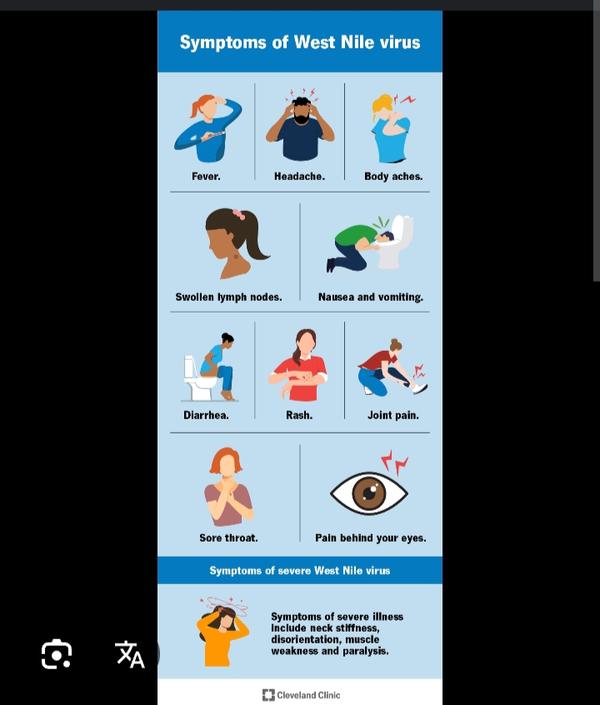
5'-Nucleotidase (5'-NT) activity refers to the amo...

5'-Nucleotidase (5'-NT) activity refers to the amount of the enzyme 5'-nucleotidase present in a sample, typically blood serum. This enzyme plays a crucial role in nucleotide metabolism, converting nucleotides into nucleosides. Measuring 5'-NT activity can be helpful in diagnosing and monitoring liver and biliary tract diseases. Elevated 5'-NT activity is often associated with liver damage or obstruction of the biliary tract. Here's a more detailed explanation: What is 5'-Nucleotidase? Enzyme Function: 5'-NT is an enzyme that catalyzes the hydrolysis of 5'-nucleotides, removing the phosphate group from the 5' position of the sugar ring. Location: It's found in various tissues, including the liver, intestine, brain, heart, pancreas, and blood vessels. In the liver, it's particularly associated with the bile canalicular and sinusoidal plasma membranes. Role in Metabolism: 5'-NT helps convert extracellular nucleotides, which are generally impermeable to cells, into nucleosides, which can readily enter cells. This is crucial for maintaining balanced nucleotide pools and regulating purine and pyrimidine salvage pathways. Clinical Significance: Increased 5'-NT activity in the blood is often seen in conditions affecting the liver and biliary system. Why Measure 5'-NT Activity? Liver and Biliary Diseases: Elevated 5'-NT levels can be indicative of liver damage, cholestatic hepatobiliary disease (obstructive jaundice), or even hepatic metastases. Differentiating Liver Problems: 5'-NT levels are useful for investigating the origin of increased serum alkaline phosphatase, a common marker of liver problems. Monitoring Liver Function: 5'-NT activity can help monitor the progression of liver diseases and assess the effectiveness of treatment. Not Directly Affected by Bone Disease: Unlike alkaline phosphatase, 5'-NT levels are not typically elevated in bone diseases like Paget's disease, making it useful for distinguishing bone problems from liver problems.
Keywords
Subscribe for latest offers & updates
We hate spam too.


